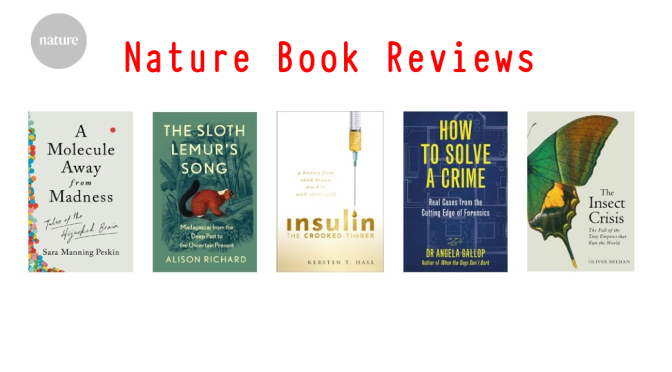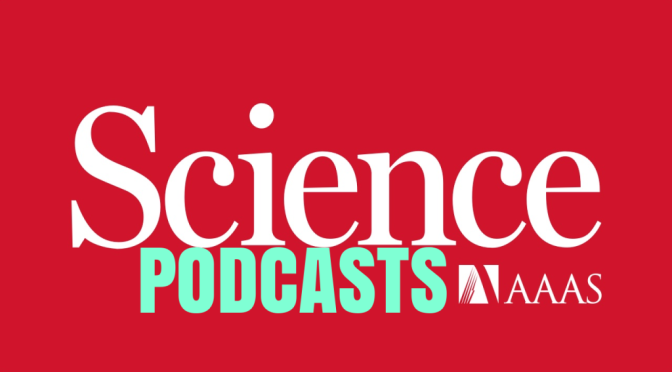Andrew Robinson reviews five of the week’s best science picks.
Spark
Timothy J. Jorgensen Princeton Univ. Press (2022)
The use of electricity in medicine has long been controversial, notes health physicist Timothy Jorgensen. Eighteenth-century polymath Benjamin Franklin applied shocks to paralysed muscles with temporary success. In the 1930s, neurologist Ugo Cerletti pioneered painful but effective electroconvulsive therapy for schizophrenia and depression. Yet even today, “no one is sure exactly how ECT works”, says Jorgensen in his brilliant book. Now, business magnate Elon Musk plans to implant computer chips to treat brain disorders.
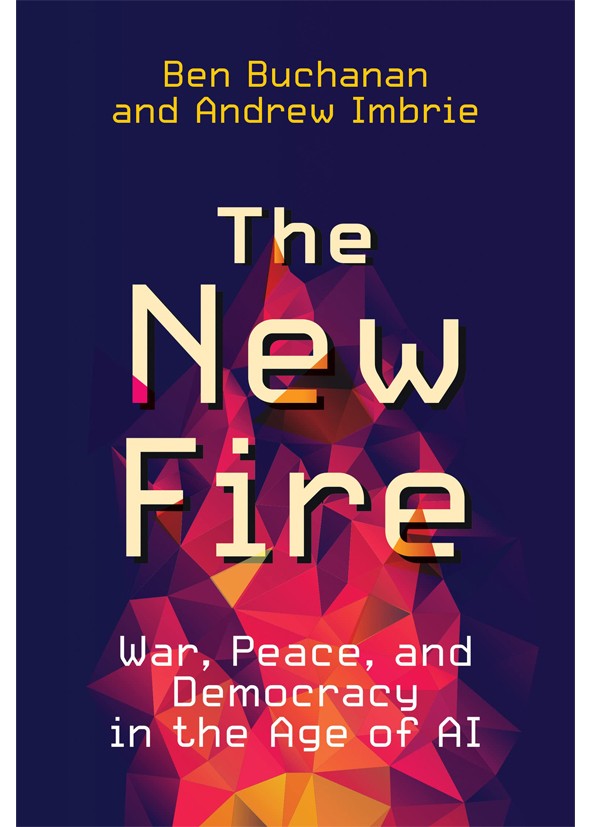
The New Fire
Ben Buchanan & Andrew Imbrie MIT Press (2022)
Artificial intelligence (AI) is not like electricity, but like fire, say Ben Buchanan and Andrew Imbrie — academic specialists in emerging technology — in their authoritative, coruscating analysis of its current and future significance. Its potential impact ranges from illuminating to catastrophic, according to three rival and sometimes overlapping views from observers whom they label “evangelists, warriors and Cassandras”. “Three sparks ignite the new fire,” say the authors: data, algorithms and computing power.
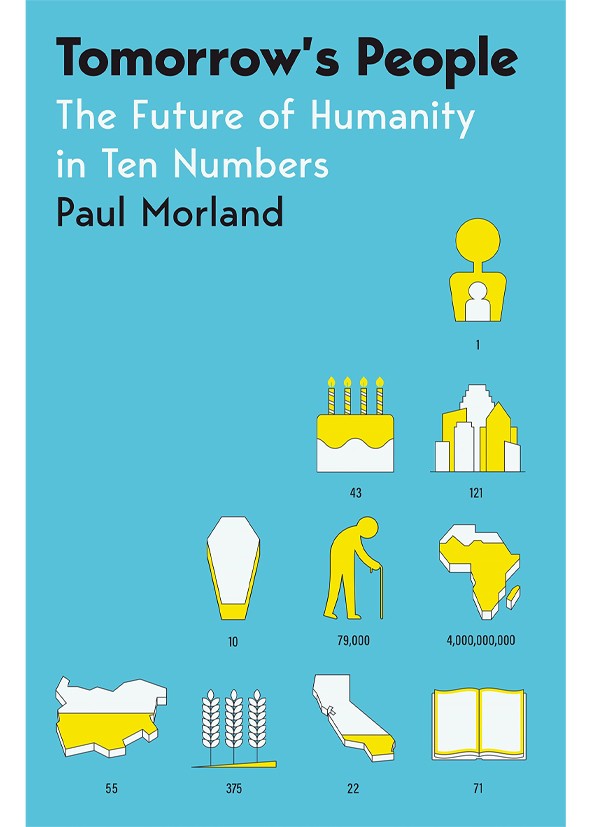
Tomorrow’s People
Paul Morland Picador (2022)
“To most of us, the influence of demography on our future is far from obvious,” writes demographer Paul Morland. City dwellers tend to have low fertility, thereby creating an older population and eventually population decline, which could prompt migration and ethnic change, as in today’s United Kingdom — or might not, as in Japan. Morland’s careful book discusses ten indicators, one per chapter: infant mortality, population growth, urbanization, fertility, ageing, old age, population decline, ethnic change, education and food.
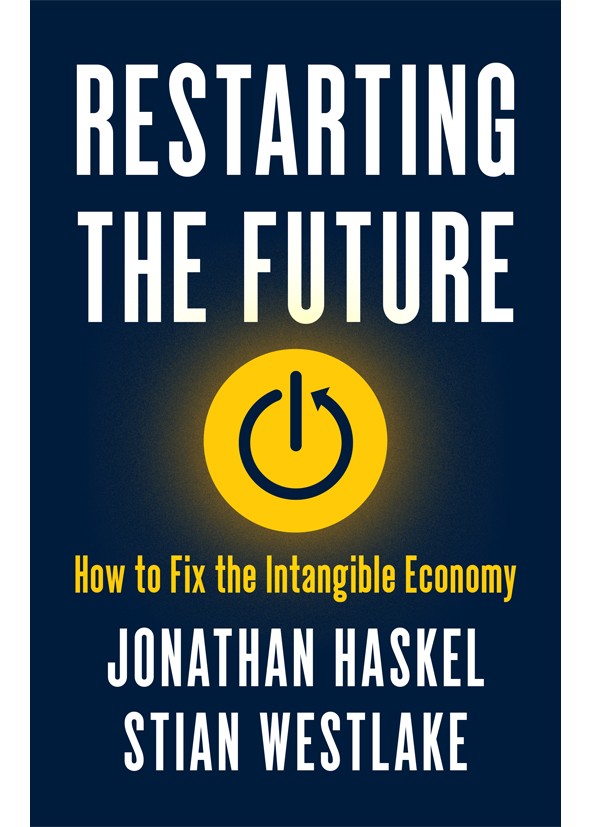
Restarting the Future
Jonathan Haskel & Stian Westlake Princeton Univ. Press (2022)
In the past few decades, growth has stagnated in advanced economies. This is odd, given low interest rates, high business profits and a wide belief that we live with “dizzying technological progress”, write economists Jonathan Haskel and Stian Westlake. They argue that the old economic model based on material production fails when it comes to intangible assets — such as software, data, design and business processes — that hinge on ideas, knowledge and relationships. Financial and state institutions must update to cope.
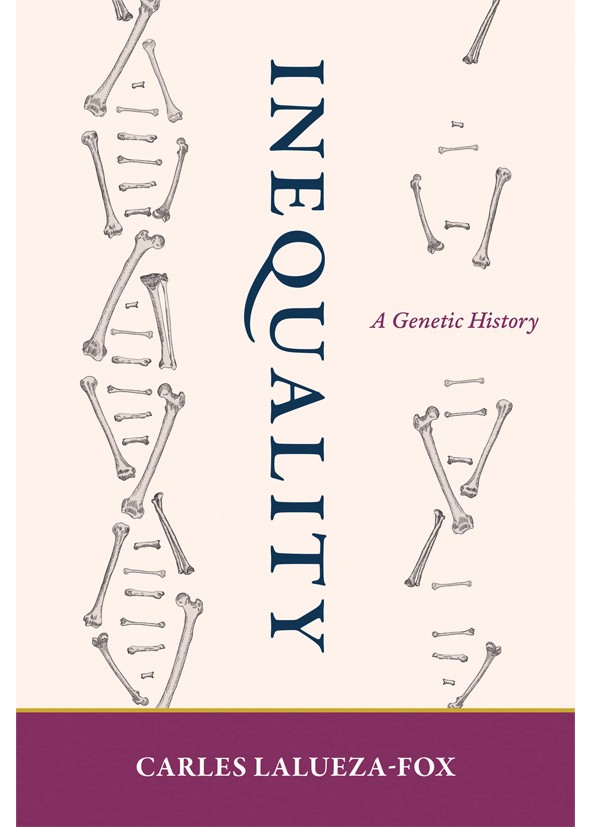
Inequality
Carles Lalueza-Fox MIT Press (2022)
Inequality and its origins will always preoccupy humans. In 2014, biologist Carles Lalueza-Fox led the retrieval of a genome from a European forager’s skeleton more than 7,000 years old; his later studies revealed genetic evidence of “inequality and discrimination in different times and periods”, as he describes in this significant book, written during the pandemic. He concludes by observing that COVID‑19 has had an enhanced impact on poor people, which he anticipates will feature in future genetic studies.

